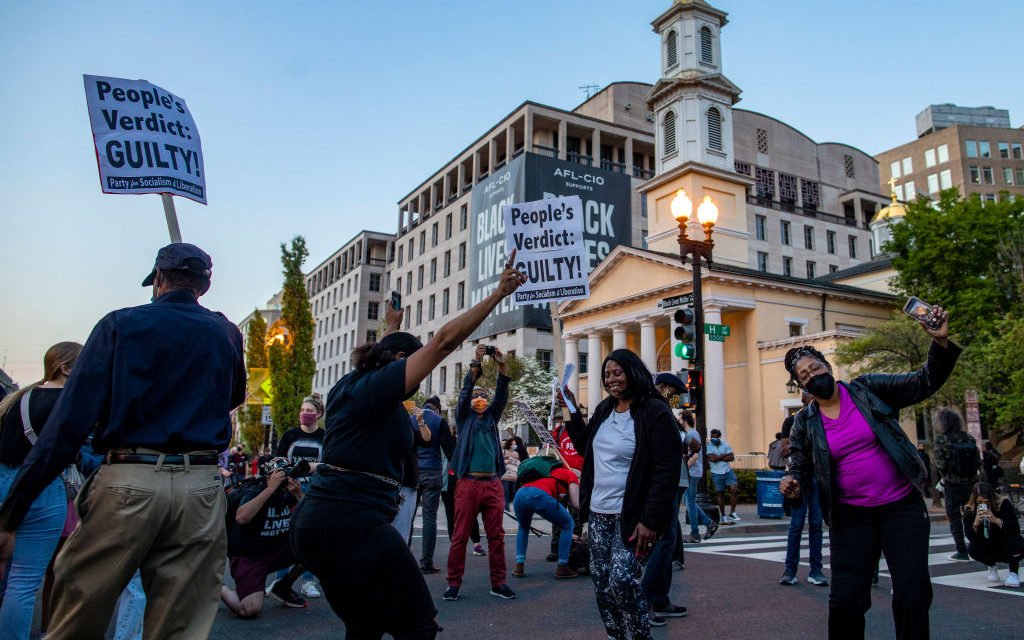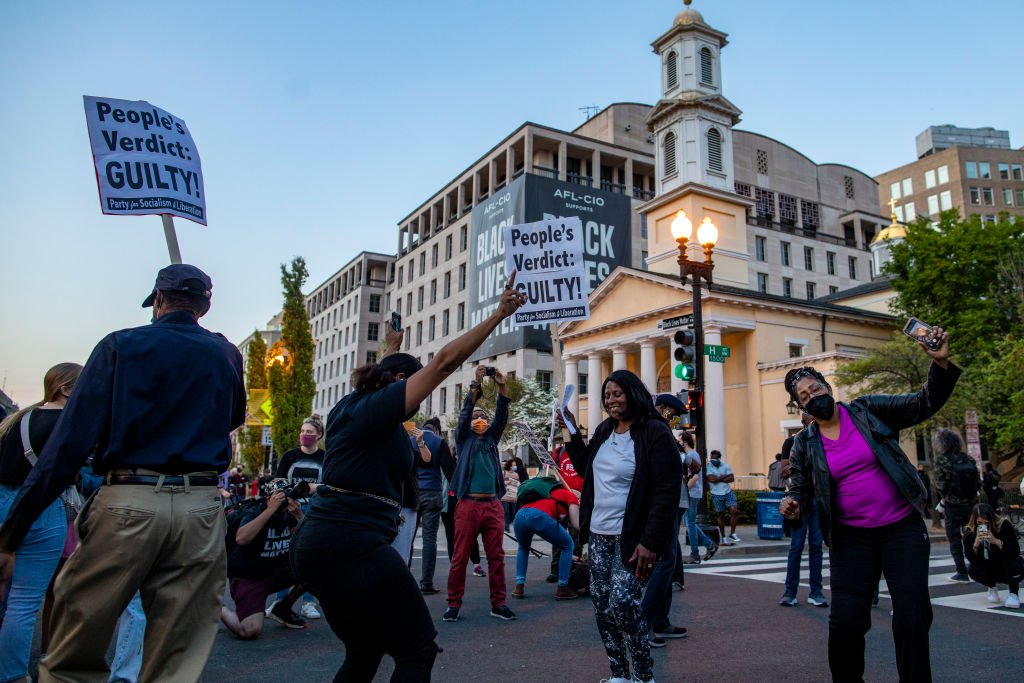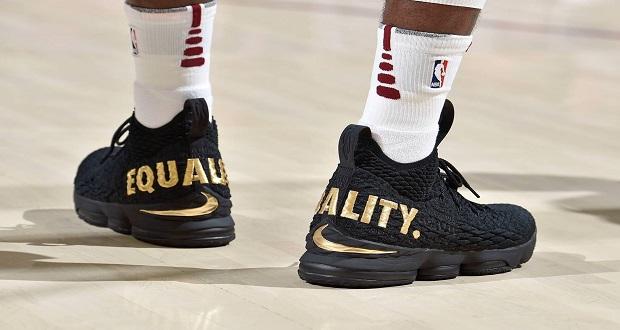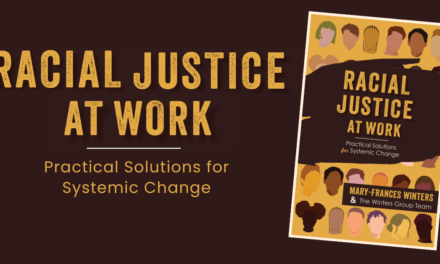Last Tuesday, as the Derek Chauvin trial drew to a close, I felt restless. I had avoided much of the media and updates surrounding the case since last summer, refusing to be drawn into what felt like constant justification and renegotiation of the humanity of people that look like me.
Nine minutes, twenty-nine seconds.
In high-definition and broad daylight, we had all seen (or heard) Derek Chauvin place his knee forcefully upon George Floyd’s neck. We listened to George’s struggle and pleading. We heard him call for his mother. What we had witnessed was a modern-day execution.
But I knew that wasn’t enough. Yes, we had seen Chauvin murder George. But we had also seen Eric Garner, John Crawford III, Sandra Bland, Alton Sterling, Philando Castile, Charles Kinsey, and Michael Brown, and so many others. If Chauvin weren’t found guilty, it would have fed into the collective gaslighting that the Black and Brown community continues to face over our lived experiences. Another not-guilty verdict would prove that others would only value our lives if we didn’t “resist.”
As I braced myself for the verdict that afternoon, I flashed back to previous trials and verdicts. It seemed absurd that, despite the overwhelming evidence and video footage, Chauvin could be found anything but guilty — but of course justice has always looked very different for Black people in this country. I was hopeful and optimistic that Chauvin would be found guilty of at least one charge, but I wasn’t naive. Racism did not begin or end with George Floyd. It wouldn’t be a surprise if Chauvin were acquitted — it would be everyday life.
I felt myself breathe a sigh of relief as the verdict flashed across the screen. Guilty. Guilty. Guilty. As relieved as I was, it felt like an odd victory to celebrate. I was thankful that this time, we had gotten it right, but I wondered about all of the other times the justice system had failed, and the inevitable future times when it would do so again.
Guilty. Guilty. Guilty. I was thankful that this time, we had gotten it right, but I wondered about all of the other times the justice system had failed, and the inevitable future times when it would do so again. Share on XBecause that’s the thing about being Black in America: there is always going to be another time. As grateful as I was for the swell of support, allyship and advocacy in the wake of last summer, I was also conflicted. I had never doubted the existence of racism or inequality in my life — it just was. So it was jarring, to say the least, when the rest of the world woke up last summer and decided that enough was enough. I often found myself wondering, Why now? Why George? He wouldn’t be the first to be unjustly murdered at the hands of law enforcement, and he wasn’t the last.
Since George Floyd’s death last May, over 181 Black people in the U.S. have been killed by the police. It is open season on our mothers, fathers, brothers, sisters and friends. With each new video, news story or reel, I find myself asking the question: When does it end? The constant, never-ending loop of violence is too much to bear. It seems like a gruesome reminder and warning. You don’t belong here. Justice is not for you.
With each new video, news story or reel, I ask: When does it end? The constant, never-ending loop of violence is too much to bear. It seems like a gruesome reminder and warning. You don’t belong here. Justice is not for you. Share on XI still have not watched the video of George Floyd’s murder, and I do not plan on ever watching the video. I don’t need to see the video to know his life matters.
The question of life should not be rhetorical or philosophical. We should not have to question if someone who is witnessed murdering another human being in broad daylight should be held accountable for their actions. Justice is a bare minimum, but it should not come as a surprise that a country that once recognized Black bodies as three-fifths human would deem one instance of accountability as proof that justice has been served.
We should not have to question if someone who is witnessed murdering another human being in broad daylight should be held accountable for their actions. Share on X Justice is a bare minimum, but it should not come as a surprise that a country that once recognized Black bodies as 3/5 human would deem one instance of accountability as proof that justice has been served. Share on XFor me, justice would look like not having to ask who is next. It would look like not constantly policing how Black people speak, dress, look and live. It would look like not worrying about whether a road trip with friends is safe or whether displaying a bumper sticker of my historically Black, Divine Nine sorority will make me a target. Justice looks like being able to wear my favorite hoodie without being perceived as a threat. It looks like walking into a store and not being followed for Shopping While Black (SWB). It looks like not being followed to my driveway by a police officer in my hometown because he didn’t believe I lived where I lived. It feels like hearing “Get home safe” from my parents, without the somber assumption on both sides that the police may hinder my attempts in doing just that.
Justice feels a lot like freedom — a freedom I want not only for myself, but for others who look like me. While Derek Chauvin’s conviction is a small step of progress, it is also a reminder that there is more work to be done, more systems and structures to interrogate, and more stereotypes to challenge and shake free. I long for a day where justice is a given and not a privilege for a select few.




















